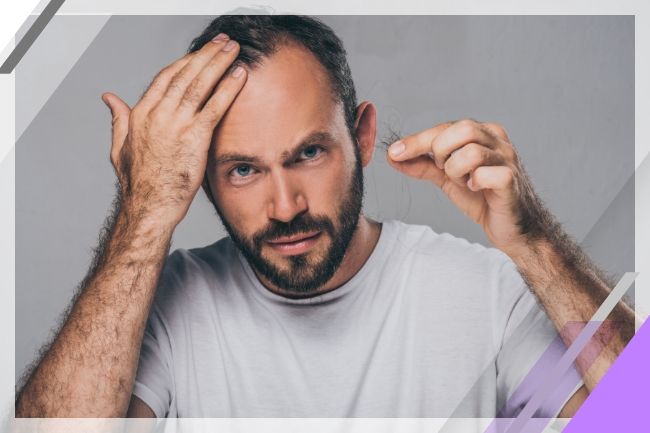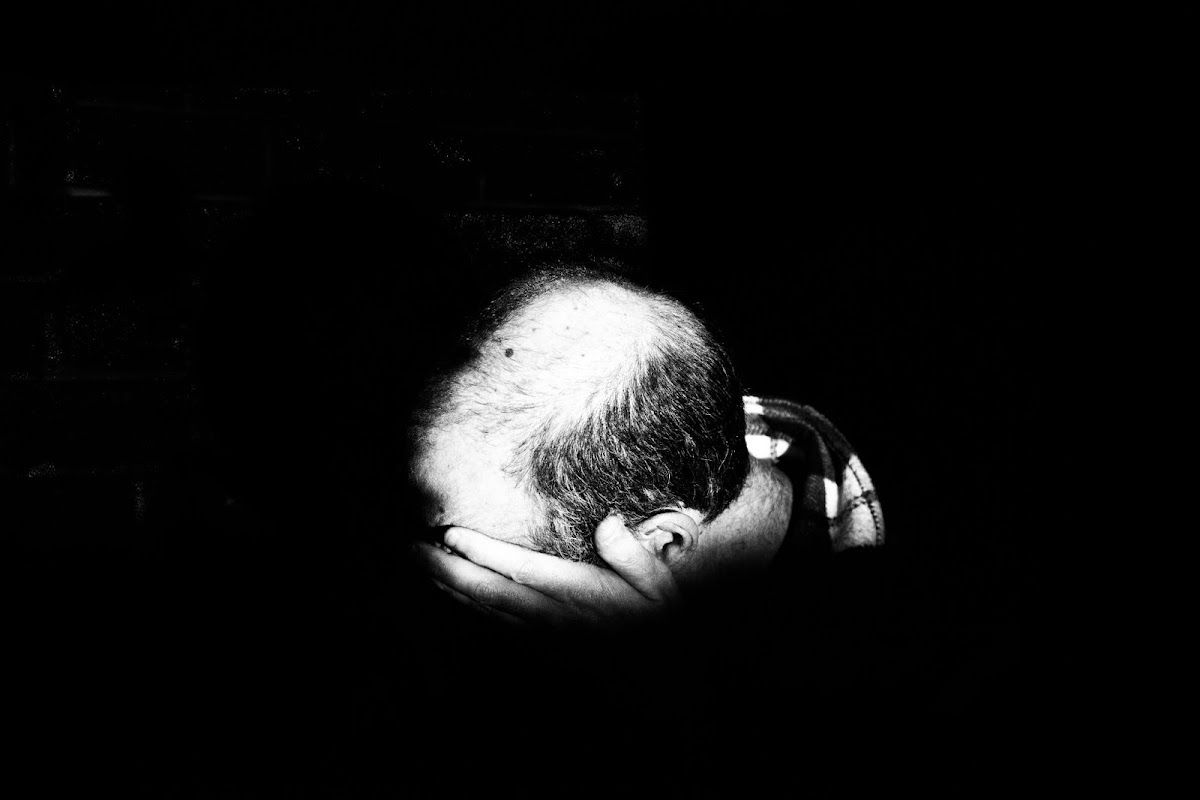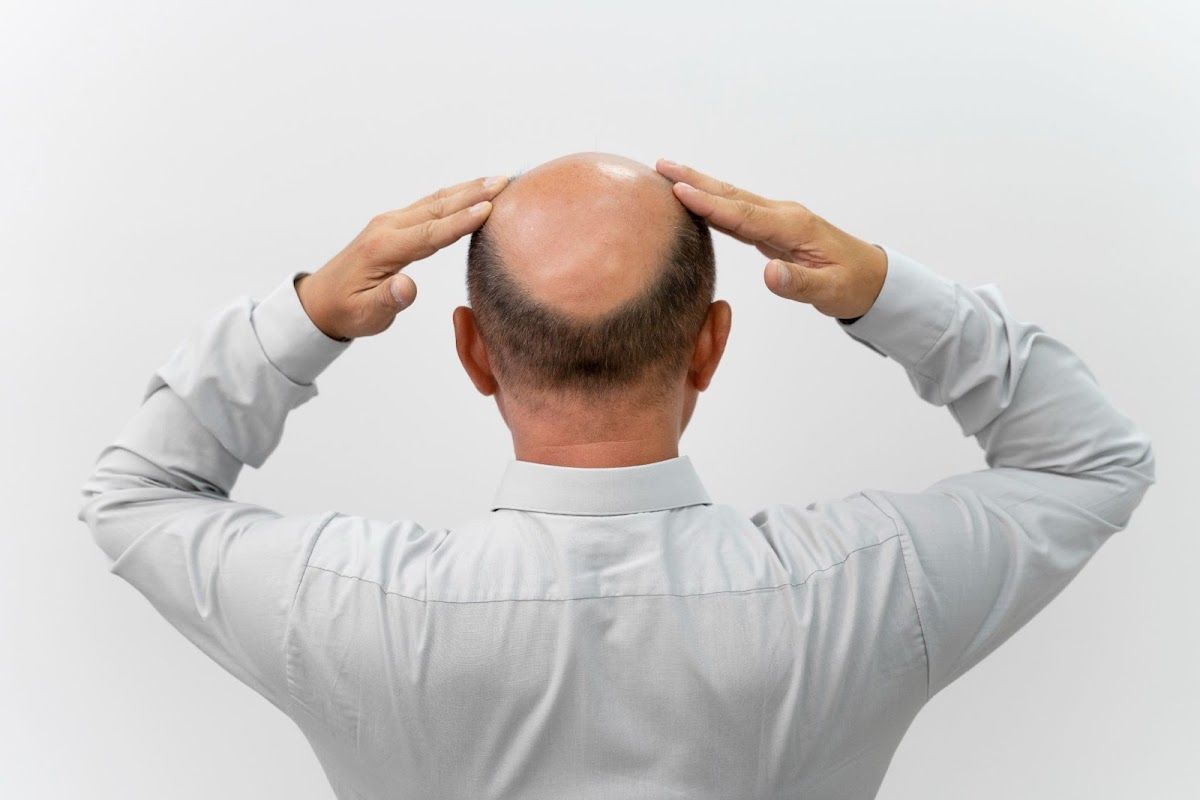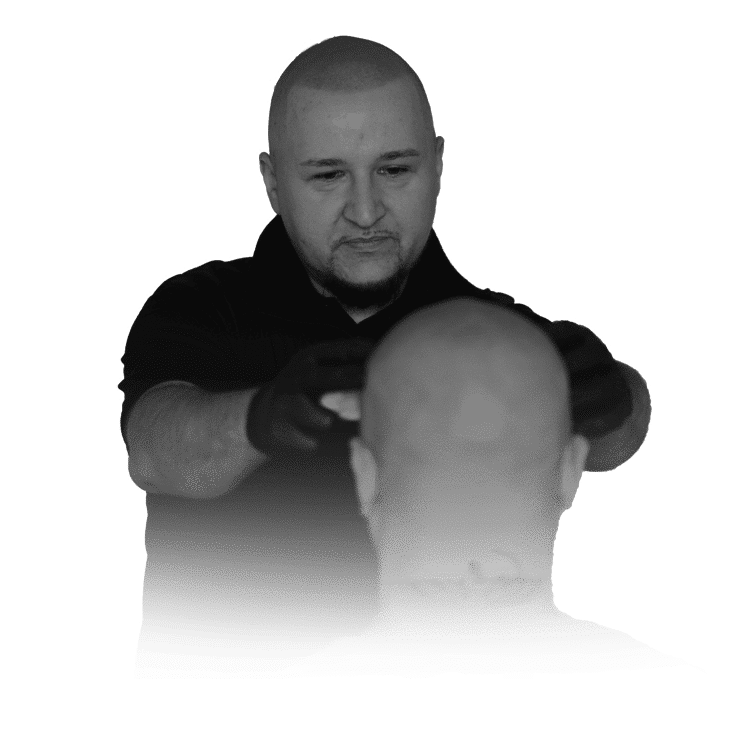SMP Training Program- Next class MAY 2024. WE NOW OFFER TATTOO LASER REMOVAL
Scalp Micropigmentation
What Proportion of Australian Men Experience Hair Loss?

Although hair loss is often used as a punchline in demeaning jokes, it is a medical condition that should be taken more seriously. Example: despite the country’s reputation for casualness, Australian men of teenage and old adulthood take hair loss very seriously. When a person loses their hair, it can have a devastating effect on their sense of self-worth and confidence. The mere idea of going to school or work and being made fun of or mocked by one’s peers is enough to send shivers up one’s spine. The silver lining is that there are remedies available to help gain your confidence back!
In this article, we will be covering the percentage of men who experience Hair Loss in Australia, and going over how this can be overcomed through the help of a specialist.
What exactly is Male Pattern Baldness?
Androgenetic alopecia, also known as male pattern baldness, is the leading cause of hair loss, affecting 70% of men and 40% of women. Men’s hair typically begins at the temple and vertex. Numerous factors, including genetics, hormonal changes, medical conditions, and the environment, contribute to its development.
Variations in the normal hair growth cycle resulting in hair loss. In a typical hair-growth cycle, the majority of hair remains in a growth phase. This phase lasts three to six years before the hair falls out and new hair grows. In male pattern baldness, hair in affected areas of the scalp has a significantly shorter growth phase before falling out. This process causes hair loss and bald patches.

What percentage of Australian Men go bald?
A study that the University of Washington carried out found that Australia has the highest percentage of males experiencing baldness, with an astounding 40% percent of men over the age of forty suffering from some form of hair loss.
What are the causes of Hair Loss?
Hair loss can occur in a variety of ways, depending on the underlying cause. It can manifest suddenly or gradually, affecting the scalp or the entire body. Here, we have listed down the possible causes for hair loss that you could be experiencing without knowing it:
1. You got it through your genetics
There are many causes of hair loss and male-pattern baldness. However, genetics are the leading cause of hair loss. A gene that causes hair loss can be inherited by sons from either their mother or father. In addition, a strong hair loss gene that causes one son to lose his hair as early as the age of 18 may pass his sibling by, leaving him with a full head of hair.
Years ago, it was widely believed that all hair loss genes were transmitted by the mother or the X chromosome. However, it is now clear that hair loss can also be transmitted via the Y gene. Even if your mother, father, and grandfather all have thick, full hair, studies indicate that baldness can be inherited from any family member.
2. You lack exercise
As awe-inspiring as Australia’s landscapes are, it was surprising to learn that Australian men have not been taking advantage of them. Up to a staggering 58% of middle-aged adults do not engage in sufficient physical activity to maintain their fitness. We should keep in mind that we are biologically programmed to be physically active, which is completely against our nature.
By restricting your physical activity, you prevent your body from utilizing the calories you consume. Although this may seem unrelated to hair loss, these fats do not provide the optimal environment for hair follicles to thrive in a healthy manner. Despite this, it would be wonderful to leave your electronic devices at home and start moving and exploring again. There are numerous activities that can be performed outdoors using only the hands and feet without the need for equipment.
3. Your medications may have influenced your hair loss
According to recent studies conducted by experts, hair loss is a common side effect of a number of common medications. This is also known as drug-induced hair loss. Blood-thinning drugs, oral contraceptives, antidepressants, anti-inflammatory drugs, and beta and calcium channel blockers can all cause hair loss or thinning.
In addition to vitamin A and retinoids, an excess of vitamin A can cause hair loss. As they destroy cancer cells, certain chemotherapeutic agents are known to cause complete hair loss. Similar to how hair typically regrows after chemotherapy, your hair should also regrow once you stop taking any medication that causes hair loss. Do not stop taking prescribed medications without first consulting your physician; they may switch you to a different drug to determine if hair loss improves.

4. You didn’t properly manage your diet and nutrition
According to recent studies, 68% of Australian men aged 18 and older are obese. Men have developed a preference for high-calorie foods while significantly decreasing their consumption of healthy fruits and vegetables. These poor food choices result in a multitude of preventable health problems. Hair loss will not be at the top of the list of problems, but excessive high cholesterol consumption may cause your hair loss.
The inability to maintain a balanced, healthy diet can also cause hormone levels to fluctuate, which is another cause of hair loss. Once you observe the symptoms, you should reduce your consumption of foods high in cholesterol and food in general. Remember to take the healthy and natural route when you plan on fixing your diet and improving your nutrition.
5. You may have Alopecia Areata (AA)
Alopecia is the medical term for hair loss, and alopecia areata is an autoimmune condition in which your immune system attacks and destroys your hair follicles, preventing the growth of new hair. Depending on the type of AA, hair loss may or may not affect the entire body. This autoimmune condition may cause temporary or permanent hair thinning, patches of hair loss, some balding, or total baldness. Consult your physician regarding possible treatments.
What are good treatments that help combat the anxiety of hair loss?
If you are looking for a method to help mask and prevent your hair loss from sticking out like a sore thumb, we recommend you try scalp micropigmentation. First, scalp micropigmentation is a process involving the deposition of pigment into the scalp with the use of fine microneedles. This technique, known as pointillism, is used to create the appearance of natural depth and definition.
This hair loss treatment gives the appearance of fuller, thicker hair by imprinting tiny hair follicles. When performed by a skilled technician, scalp micropigmentation can conceal bald spots on the scalp. Additionally, it may conceal birthmarks or scars. The treatment can also create the illusion of shaved hair or a buzz cut on bald individuals. Scalp micropigmentation is noninvasive and does not require anesthesia or surgery.
Bottom Line
People would have a greater understanding of how hair loss occurs and what should be avoided to prevent it if they had an in-depth comprehension of the causes mentioned above. Unfortunately, for many individuals, this knowledge serves to avoid the problem rather than solving it. The Australian government has even issued health recommendations for citizens to prevent it from happening to them. However, despite the informational campaign, many Australians have chosen to disregard it and continue their daily practices that could lead to hair loss. This, sadly, indicates a more extended fight against hair loss in the country.
If you or someone you know has been searching for a trustworthy scalp micropigmentation clinic in Melbourne, then Luxe Micro is the team you need to get in contact with ASAP! Luxe Micro is aware of the difficulty associated with hair loss. We fully understand your struggle. Our chief practitioner, Marcin, underwent the operation after suffering from hair loss and losing considerable self-confidence. His personal experience uniquely qualifies him to provide others with the compassionate support and knowledge required to recover their hairline and, most importantly, their confidence!

Treatment

14 Ellaroo CircuitClyde NorthVictoria 3978Australia Privacy Policy
All Rights Reserved | Luxe Micro

Our Results




